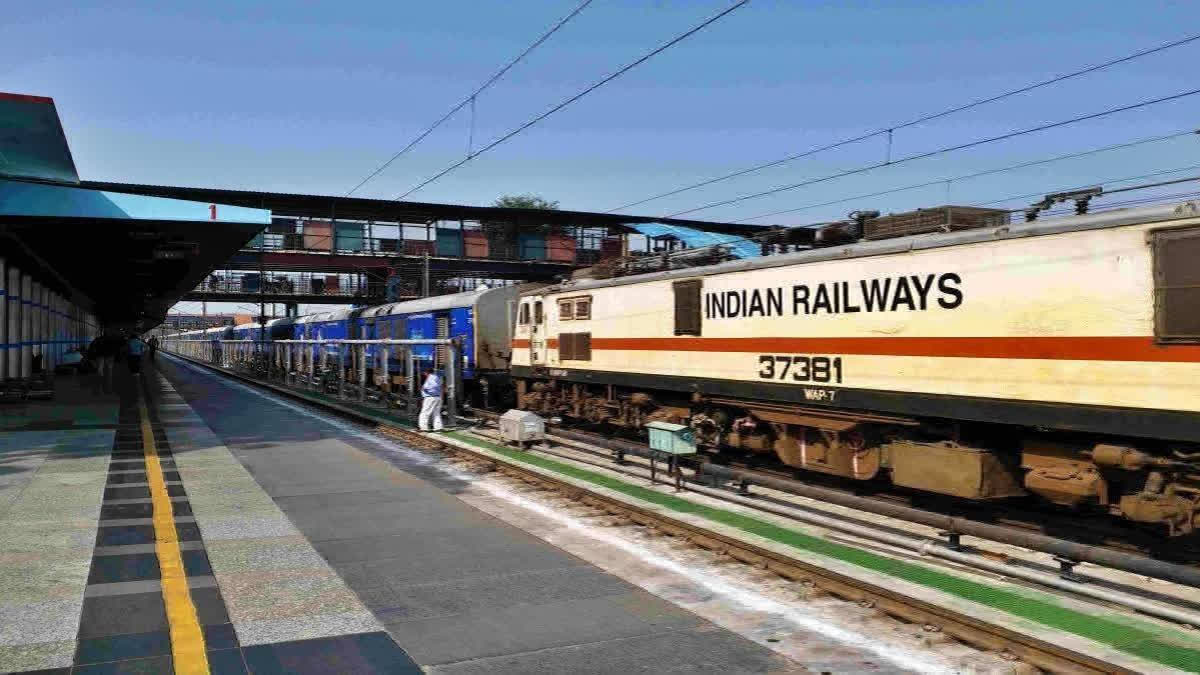New Delhi: In a major thrust to connectivity, the Cabinet Committee on Economic Affairs on Monday gave the green light to a substantial new railway line project under the Ministry of Railways with an impressive total cost of approximately Rs 18,036 crore.
The proposed new line, connecting Indore and Manmad in Maharashtra is expected to revolutionise connectivity, mobility, efficiency and service reliability for Indian Railways. This project is closely aligned with Prime Minister Modi's vision of a New India, as it focuses on making the region self-reliant through comprehensive development leading to enhanced employment and self-employment opportunities. Furthermore, the project is an integral part of the PM-Gati Shakti National Master Plan for multi-modal connectivity ensuring seamless movement of people, goods and services.
It will cover six districts in two states, namely Maharashtra and Madhya Pradesh, and significantly expand the existing Indian Railways network by approximately 309 kilometres. Moreover, the project will see the construction of 30 new stations, greatly improving connectivity to the Aspirational District Barwani and linking approximately 1,000 villages and a population of 30 lakhs.
In addition to its significant impact on connectivity, the project will stimulate tourism in the region by providing a shorter route between the Western/South-Western part of the country and Central India. This is expected to lead to an increase in tourist footfall to various tourist and religious sites in the Ujjain – Indore region, including the Sri Mahakaleshwar Jyotirlinga Temple.
The project will also establish direct connectivity to the Pithampur Auto Cluster, which houses 90 large units and 700 small and medium industries, as well as millet-producing districts of Madhya Pradesh and onion-producing districts of Maharashtra, supporting distribution to the northern and southern parts of the country.
With its essential role in transporting commodities such as agricultural produce, fertilizers, iron ore, steel and cement, the new railway line stands as a crucial development. The capacity augmentation work is anticipated to result in an additional freight traffic of about 26 million tonnes per annum.
This environmentally friendly and energy-efficient mode of transportation is set to make significant contributions to achieving climate goals while simultaneously reducing logistics costs, decreasing oil imports by 18 crore litres and lowering CO2 emissions by 138 crore kg—equivalent to planting 5.5 crore trees.
Read more: Cabinet Approves Eight New Line Projects Of Railways To Provide Connectivity, Ease Of Travelling



